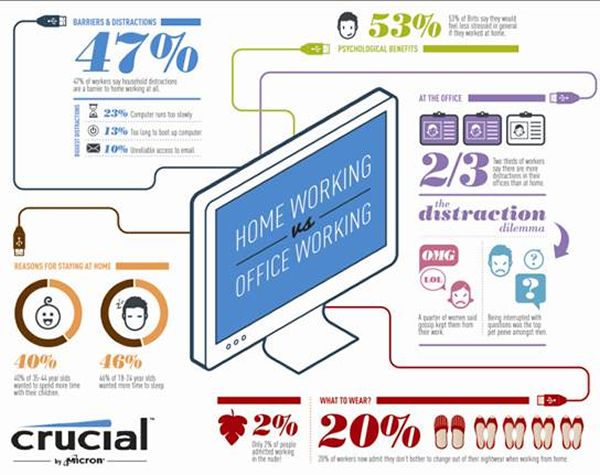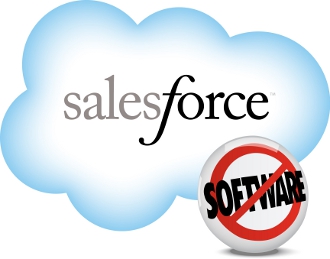 Intel and IBM said they will work together to improve security for cloud computing.
Intel and IBM said they will work together to improve security for cloud computing.
IBM said “SoftLayer” will be the first cloud venture giving bare metal servers using Intel cloud technology that will give security and monitoring down to the microprocessor level. Intel TXT is built for larger enterprises including governmental agencies, financial services companies and healthcare organisations.
The premise is that as large corporations move to a cloud and data centre model, they want to be sure that the computers are as secure as those managed on their own sites.
SoftLayer is an IBM company that provides a global cloud platform built to scale. 100,000 devices are under management, while 18 data centres in Europe, Asia and the USA are in that web too.
IBM customers will buy SoftLayer servers that have a trusted platform module installed. Intel TXT will let such customers build trusted computing pools of IT resources in the cloud.
SoftLayer belongs to the Intel Cloud Technology programme and uses Xeon E5-2600 V2, Xeon E3-1200 V3 and Xeon E5-4600 microprocessors.















